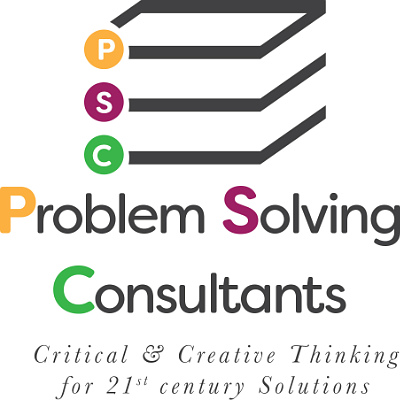We all can think of any number of movies lines, posters, or bumper stickers on this topic. Bottom line? Stupid is forever.
Leaders have an obligation to try to keep stupid moments in check. There really aren’t any mulligans for stupid behavior. The best leaders have to make good solid decisions, oftentimes under difficult circumstances. When the decision turns out badly leaders don’t have the luxury of shrugging their shoulders with an “oh well.” They can’t blame bad decisions on anyone or anything but themselves. After all, as Harry Truman noted, the buck stops with the person in charge.
So how can stupid moments be avoided which undermine decision making and, overall, the quality of leadership? One of the best things leaders can do is put their egos on the back burner and surround themselves with the best and the brightest – then trust these individuals to do their jobs. Hold everyone accountable for the good and the bad, and that includes the leaders themselves. Another key step is to acknowledge that leaders don’t always have the answers. As a problem solver my approach is to have no other agenda than helping you find lasting resolutions to persistent problems. That requires you to acknowledge that in the face of the continuing problem what you’ve tried has been unsuccessful. As we’ve noted in previous blogs, persisting in approaches which don’t work is stupid, plain and simple.
So while the move lines, posters, and bumper stickers might sound cute they don’t solve the problem. Acknowledging that you need the help of a problem solver is never stupid. It’s mature and responsible leadership.
